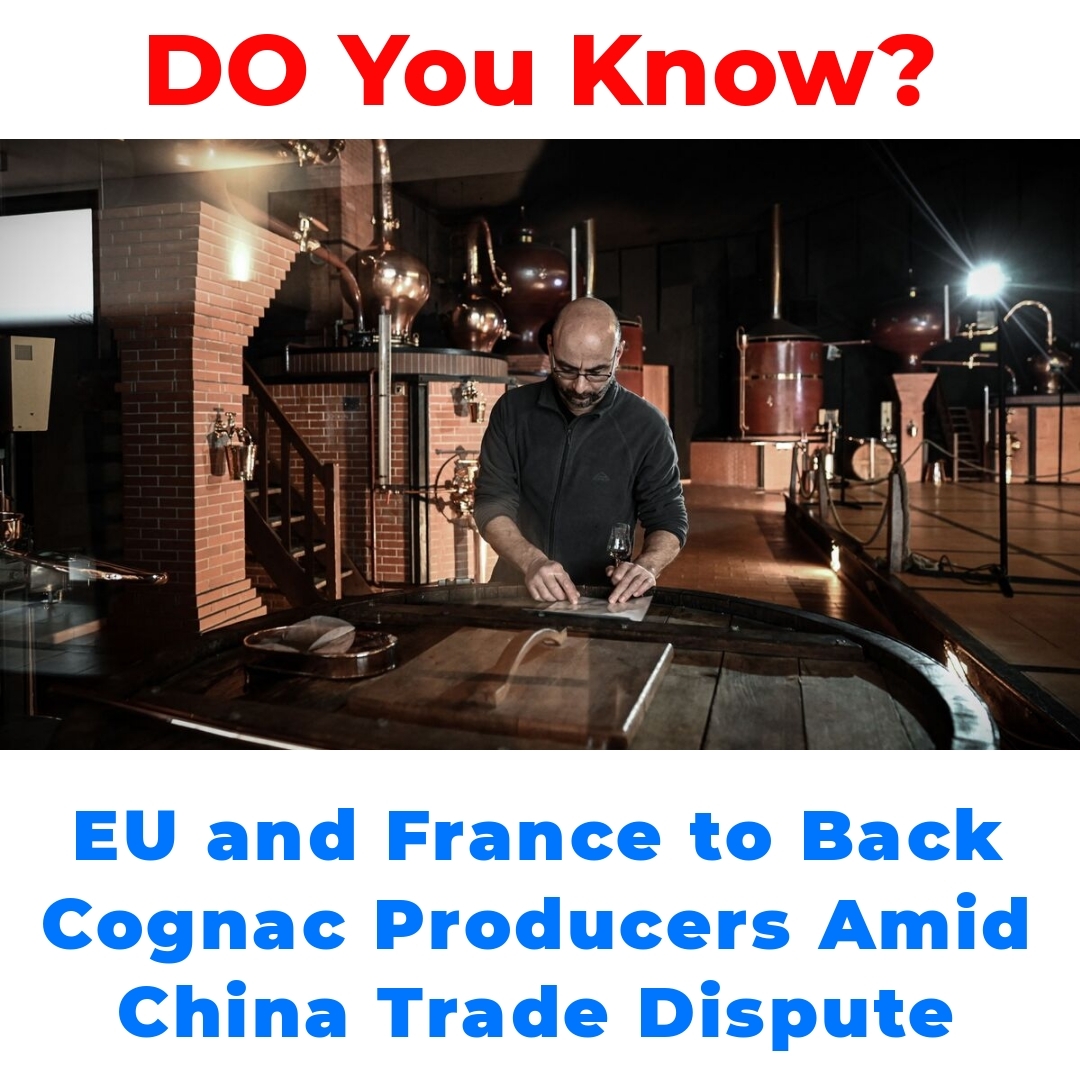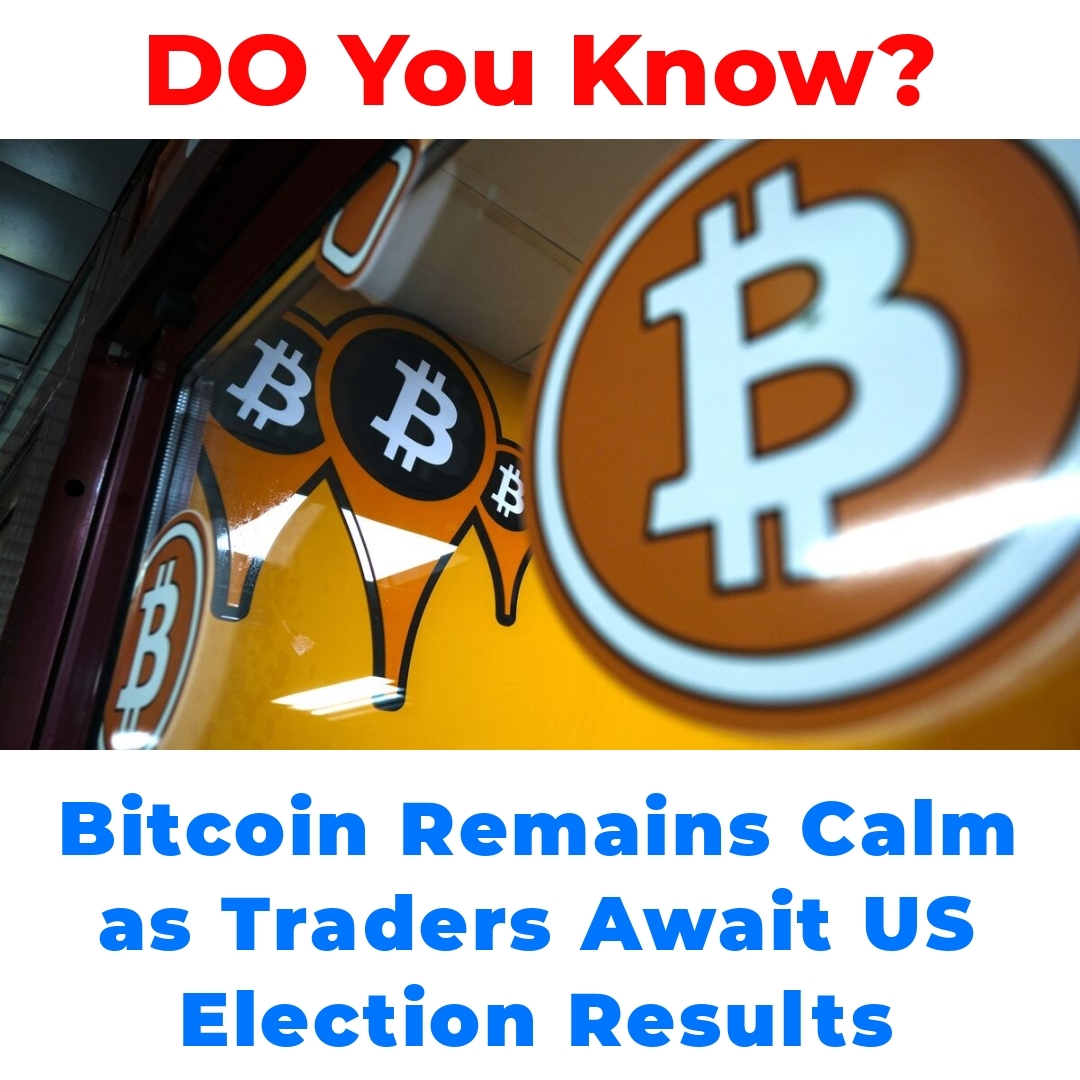The ongoing trade dispute between the European Union and China has posed significant challenges for cognac makers in France. French Minister for European Affairs, Benjamin Haddad, is exploring financial aid options to support these producers. Recognizing the essential role of cognac makers in France’s agricultural and economic landscape is crucial as they navigate these turbulent times.


Background on the Cognac Industry
Cognac makers in France take great pride in their craft, producing this renowned brandy through a meticulous process that involves double distillation and aging in oak barrels. This production method not only showcases the art of winemaking but also signifies the deep-rooted traditions within the French wine industry. Cognac has been an essential part of French culture and economy, with exports playing a pivotal role in the country’s agricultural landscape.
Historically, cognac exports have been a lucrative venture, significantly contributing to the financial stability of local communities. The United States and China have been two major markets for French cognac, with exports thriving for years. However, recent challenges, particularly increased tariffs imposed by China, have put immense pressure on cognac makers, disrupting the growth trajectory of this beloved product.
Understanding the Trade Dispute
The ongoing trade dispute between the European Union and China has escalated tensions in the global market, impacting various sectors, including cognac production. China has imposed specific tariffs on French cognac, making it more expensive for Chinese consumers and businesses to import these fine spirits. This decision has come after years of negotiations and disagreements, affecting the broader agricultural sector in Europe.
The implications of these tariffs are far-reaching. With cognac becoming less competitive in the Chinese market, many cognac makers are struggling to maintain their export levels. This not only affects their businesses but also poses a risk to the employment of countless workers in the industry. If the trade dispute continues without a resolution, the future of cognac exports could be in jeopardy.
EU Support Initiatives for Cognac Makers
In light of these challenges, the European Union has stepped in to offer vital support for cognac producers. Among the initiatives available, the EU aims to provide financial aid to those directly affected by the China tariffs. This support is crucial as it can help cognac makers maintain their operations and sustain their workforce.
Some options for financial aid include:
– Grants to help with production costs.
– Subsidies to boost marketing efforts in alternative markets.
– Funding for research into diversifying product offerings.
By implementing these policies, the EU seeks to ensure the long-term sustainability of the cognac industry and safeguard the livelihoods of those involved in its production.
Role of the French Government
The French government is equally committed to supporting cognac makers during this challenging time. French Minister for European Affairs, Benjamin Haddad, has been at the forefront of initiatives aimed at assisting these producers. His advocacy for EU support reflects a broader recognition of the significance of the cognac industry to France’s cultural heritage and economic health.
Local initiatives have also sprung up across the cognac-producing regions. These initiatives focus on enhancing marketing strategies and fostering collaboration among local producers. For instance, some cognac makers have successfully diversified their offerings by creating new cocktail recipes or exploring partnerships with restaurants and bars.
This collaborative approach has allowed certain producers to navigate the turbulent waters of the trade dispute more effectively, showcasing resilience amid adversity.
Future Outlook for Cognac Makers
Looking ahead, the future of cognac makers depends significantly on how the current trade situation evolves. If negotiations between the EU and China lead to a resolution, it could reopen vital markets for cognac and restore confidence among producers. However, if tariffs remain in place, cognac makers may need to adapt to a changing landscape.
Long-term effects of EU trade policies will also play a crucial role. Supportive policies could pave the way for recovery, while any delays might hinder growth. It’s essential for cognac makers to embrace change, exploring new markets and leveraging available EU support to bolster their presence globally.
The resilience shown by cognac makers thus far indicates a strong potential to overcome these challenges, but proactive steps will be crucial moving forward.
Conclusion
In summary, the importance of EU support for cognac makers cannot be overstated, especially in light of the ongoing trade dispute with China. The financial aid and initiatives provided by the EU and the French government are vital for helping these producers navigate the stormy seas of international trade. The cognac industry stands as a testament to French culture and tradition, showcasing the resilience of its makers.
As cognac producers look to the future, leveraging available EU support will be essential in overcoming export challenges and ensuring the continued success of this prestigious industry. By embracing innovation and collaboration, cognac makers can pave the way for a brighter tomorrow.
FAQ about the Cognac Industry
What is cognac and how is it made?
Cognac is a type of brandy produced in France, known for its rich flavor and complex aromas. It is made through a meticulous process that includes:
- Double distillation of white wine
- Aging in oak barrels for a specified period
This process highlights not just the craftsmanship involved but also the deep-rooted traditions of French winemaking.
Why is cognac important to France?
Cognac plays a significant role in French culture and economy. It is an essential export commodity that supports local communities by providing jobs and contributing to the agricultural sector.
Who are the major markets for cognac?
The primary markets for cognac are the United States and China. These countries have historically been vital for the growth and success of cognac exports.
What challenges is the cognac industry currently facing?
The cognac industry is facing challenges due to increased tariffs imposed by China, which makes it more expensive for Chinese consumers to purchase French cognac. This trade dispute can significantly impact the sales and employment levels in the industry.
What support is available for cognac producers?
The European Union (EU) has introduced several support initiatives for cognac makers, including:
- Grants to help manage production costs
- Subsidies for marketing in alternative markets
- Funding for research to diversify product offerings
How is the French government supporting cognac makers?
The French government is actively involved in supporting cognac producers. Initiatives include:
- Advocacy for EU support
- Local programs to enhance marketing and collaboration
These efforts aim to promote resilience and adaptability among cognac makers during challenging times.
What does the future look like for the cognac industry?
The future of cognac makers depends heavily on the resolution of the trade dispute. If tariffs are lifted, markets may reopen and confidence can be restored. Producers must also adapt to changing conditions and explore new opportunities to ensure long-term success in the industry.







